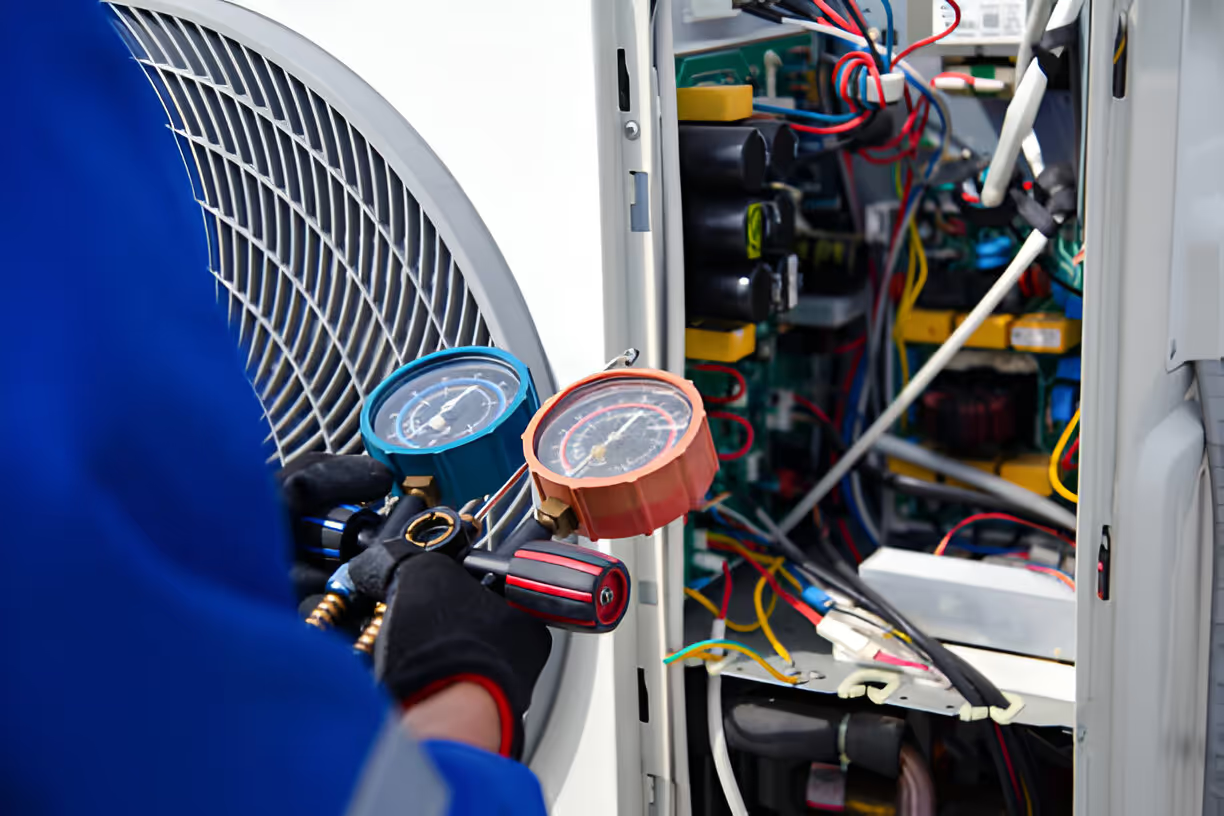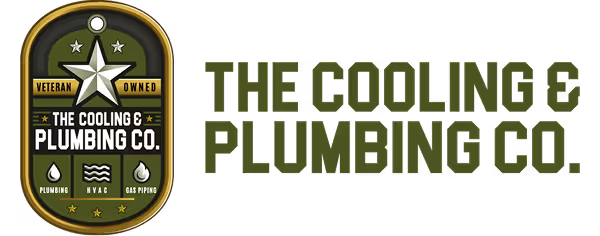Emergency AC Repair in Paradise Valley, AZ
When your air conditioner fails in Paradise Valley, AZ—especially during the triple-digit summer heat—every minute without cool air becomes a serious comfort and safety concern. Emergency AC repair in Paradise Valley addresses sudden system shutdowns, extreme performance loss, and hazards such as electrical smoke or water flooding from a broken condensate line. This page explains what constitutes an AC emergency, how emergency repairs are handled, typical response expectations in Paradise Valley, safe temporary steps you can take, common on-site repairs and parts replacement, and the guarantees that protect you after service.

Why emergency AC repair matters in Paradise Valley
Paradise Valley homeowners face intense summer heat, high solar loads on large homes, and seasonal monsoon storms that increase humidity and raise the risk of power surges. Luxury and custom systems common in the area often include zoning, pool heat loads, and complex controls—so a system fault can affect more than just one zone. Prompt emergency repair prevents heat-related health risks, avoids secondary damage (like water from clogged drains), and reduces the chance of a complete system replacement later.
Common emergency AC issues in Paradise Valley
- Complete system failure (no cooling) — Often caused by compressor failure, a tripped safety switch, or loss of power to the unit.
- Electrical failures, burning smell, or smoke — Indicate failing capacitors, contactors, or control boards and require immediate shutdown.
- Severe refrigerant leaks or visible oil at connections — Rapid cooling loss plus hissing sounds.
- Frozen evaporator coil or blocked airflow — Can rapidly cause system shutdown and compressor damage.
- Condensate drain backups and indoor flooding — High home humidity and clogged drains can overflow and damage ceilings or floors.
- Fan motor or condenser fan failure — Unit runs but cannot expel heat, causing high head pressure and imminent compressor damage.
- Thermostat/controller failures on zoned systems — One zone overheating while others remain cool, especially in larger Paradise Valley homes.
Typical emergency response times in Paradise Valley
- During peak summer hours, a local emergency response typically aims to arrive within 60 to 90 minutes for critical failures inside Paradise Valley city limits.
- After-hours and during heavy call volume (monsoon storms, extreme heat days), expect arrival windows of 90 to 120 minutes.
- On arrival, a licensed technician performs a prioritized safety check and rapid diagnostic so you know the problem and the options immediately.
Rapid diagnostic and temporary mitigation steps
When our emergency team arrives they follow a clear process to secure your safety and quickly restore some level of function where possible.
Initial diagnostic steps
- Safety triage: inspect for electrical smoke, burning odors, water leaks, or gas hazards. If detected, the unit is shut down immediately.
- System status check: verify thermostat settings, breakers, disconnects, and control signals to confirm if it’s an electrical or mechanical fault.
- Visual and electronic inspection: check capacitors, contactors, fan motor operation, compressor start attempts, refrigerant gauges, and condensate lines.
- Prioritize repairs: determine if a temporary fix can restore cooling or if a more comprehensive repair/part replacement is required.
Safe temporary mitigation homeowners can take (until the technician arrives)
- Set the thermostat to a higher but stable temperature and switch the fan to AUTO to avoid running the system if it could cause damage.
- Close blinds and reduce heat gain in daytime; run ceiling or portable fans to improve comfort.
- If you suspect electrical issues (burning smell or tripped breakers), turn off the AC at the breaker and wait for the technician. Do not attempt internal repairs.
- Clear outdoor unit area of debris, leaves, and excessive dust to improve airflow but do not open or tamper with the unit’s electrical panel.
On-site repairs and parts replacement
Many emergency problems are resolved on the first visit if the technician carries the needed common parts. Typical on-site fixes include:
- Replacement of capacitors, contactors, and relays — common causes of sudden no-start conditions.
- Fan motor replacements or condenser fan repairs — often done same-day with stocked parts.
- Thermostat or control board resets and replacements — for failed controls in zoned systems.
- Condensate pump or drain clearing — to stop immediate indoor water damage.
- Refrigerant leak detection and temporary containment — technicians may stabilize low-charge conditions temporarily and schedule a full leak repair and recharge.
- Compressor diagnosis — if a compressor is failing, technicians will isolate the issue and may provide temporary measures, but full compressor replacements are often scheduled and may require ordering parts.
What can affect same-day repair
- Availability of large components (compressor, specific OEM circuit boards) may require ordering and a scheduled follow-up.
- Complex zoning systems or older equipment with discontinued parts may need alternatives or retrofit solutions.
- Permitting and access to replacement specialty parts can extend repair time.
Safety, licensing, and warranty protections
Emergency AC technicians are licensed, bonded, and insured to perform on-site diagnostics and repairs safely. For Paradise Valley properties, licensed technicians follow local codes for electrical and refrigerant work. Emergency services often come with written service guarantees—common protections include a 1 year parts and labor warranty on approved repairs and clear documentation of work performed and parts installed.
How emergency service requests are processed
When requesting emergency AC repair in Paradise Valley, expect the following information to be collected to prioritize and dispatch appropriately:
- Your address and access instructions for the property.
- Description of symptoms (no cooling, smell of burning, water leak, etc.).
- Make, model, and age of the HVAC system if available.
- Any relevant recent service history or recent power events (surge, outage).
This information helps dispatch the right technician with the correct parts and tools for the fastest resolution.
Preventing repeat emergencies
- Schedule seasonal preventive maintenance and filter changes before peak summer to reduce failures.
- Install a whole-house surge protector to reduce electronics and control board damage during monsoon storms.
- Keep condensate drains and outdoor units clear of debris and shade rooftop equipment where possible to reduce heat stress.
Emergency AC repair in Paradise Valley is about speed, safety, and restoring comfortable, reliable operation with minimal disruption. Understanding common failure modes, safe temporary measures, and what to expect from a licensed emergency response helps homeowners make informed decisions when time and temperature are critical.






